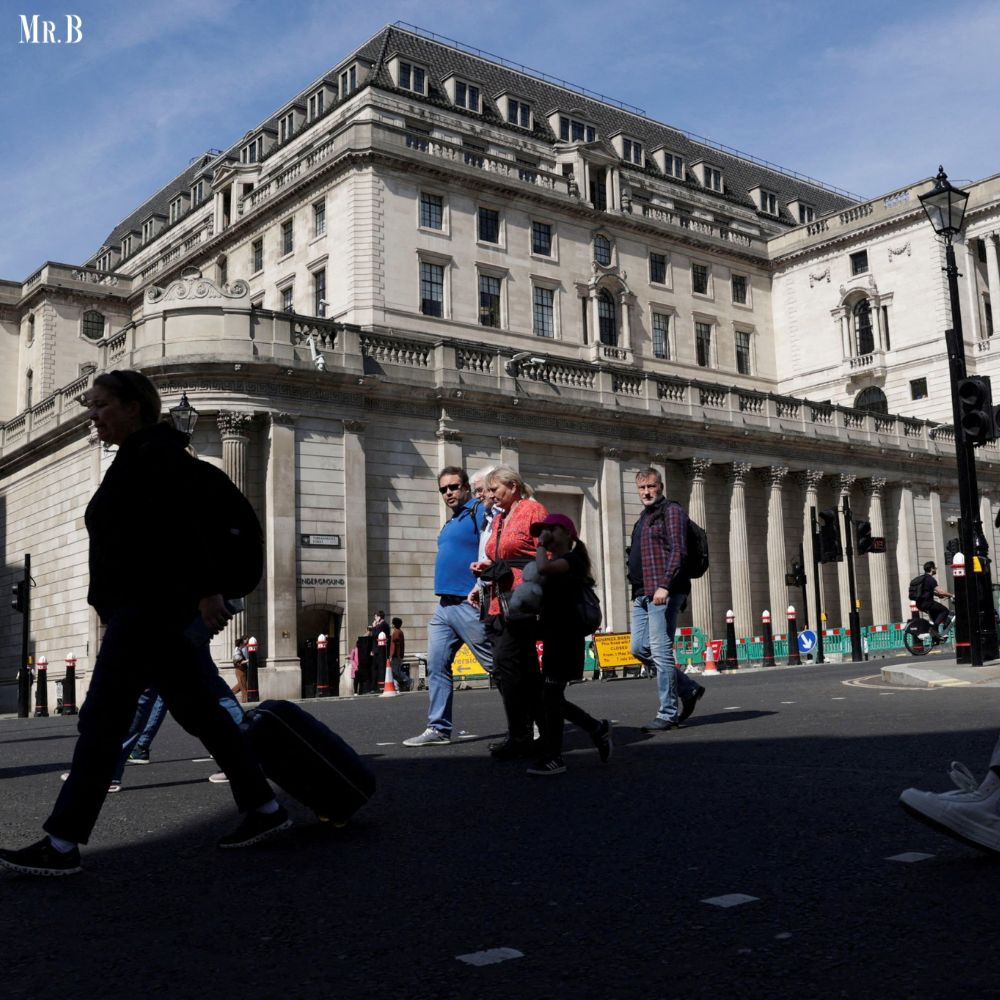The Bank of England (BoE) decided to keep its main interest rate unchanged at a 16-year high of 5.25% on Thursday, just ahead of the upcoming July 4 election. This decision, closely watched by economists and policymakers alike, saw the BoE’s Monetary Policy Committee (MPC) vote 7-2 in favor of maintaining the current rate. Deputy Governor Dave Ramsden and external MPC member Swati Dhingra were the only policymakers advocating for a rate cut to 5%. In a statement accompanying the decision, BoE Governor Andrew Bailey highlighted that while recent inflation data showed promising signs of reaching the 2% target, it was still premature to consider a rate cut.
Bailey’s cautious approach marked a shift from the previous month’s optimism, where he had suggested that the data might soon justify a rate reduction. The BoE’s decision contrasts with the European Central Bank’s recent move to cut rates and the financial markets’ expectation that the U.S. Federal Reserve would delay any rate cuts until later in the year. Despite some market speculation of an August rate cut following the BoE’s next decision, Thursday’s announcement indicated a cut might not happen until September or November.
Bank of England- Political Implications and Economic Indicators
Prime Minister Rishi Sunak, whose Conservative Party trails the Labour Party by about 20 points in pre-election polls, faces a challenging economic landscape. Sunak has emphasized the reduction in inflation since he took office in October 2022, when inflation was at a 41-year high of 11.1%. However, Labour attributes the high mortgage rates to economic mismanagement by Sunak’s predecessor, Liz Truss. Despite the political stakes, the BoE asserted that the upcoming election did not influence its decision. The Bank of England also forecasted that inflation might exceed the target again, projecting around 2.5% in the second half of 2024 due to diminishing effects from past energy price drops.
The Bank of England policy minutes revealed a growing sentiment among some MPC members that the decision to hold rates was becoming “finely balanced.” These members pointed out that indicators such as wage growth and services inflation, although still high, had moderated since the BoE’s May meeting. Specifically, the unexpectedly high May services inflation was attributed to a nearly 10% increase in Britain’s minimum wage and annual price rises indexed to past inflation, which they believed would not significantly impact future inflation.
Outlook and Future Considerations
For other MPC members, the persistence of high services price inflation and rapid wage growth underscored the necessity of maintaining current rates. Services price inflation had not fallen as much as anticipated, declining only to 5.7% instead of the expected 5.3%. Furthermore, private-sector wage growth nearly doubled the rate that the BoE deemed compatible with 2% inflation, reinforcing the view that it was too early for a rate cut.
Since the start of the election campaign, the BoE has observed a period of silence, halting public events to avoid influencing the electoral process. Prior to this, BoE Chief Economist Huw Pill and Deputy Governor Ben Broadbent had cautioned against an overemphasis on a June rate cut. However, both acknowledged the possibility of a rate cut over the summer. The BoE’s journey of rate hikes began in December 2021, reaching the current peak in August 2023, earlier than many other major central banks.
As the political and economic environments evolve, the BoE’s future decisions will continue to be closely scrutinized. The delicate balance of managing inflation while considering the broader economic impact remains a critical challenge for the MPC in the months ahead.
Curious to learn more? Explore this News on: Mr.Business Magazine







